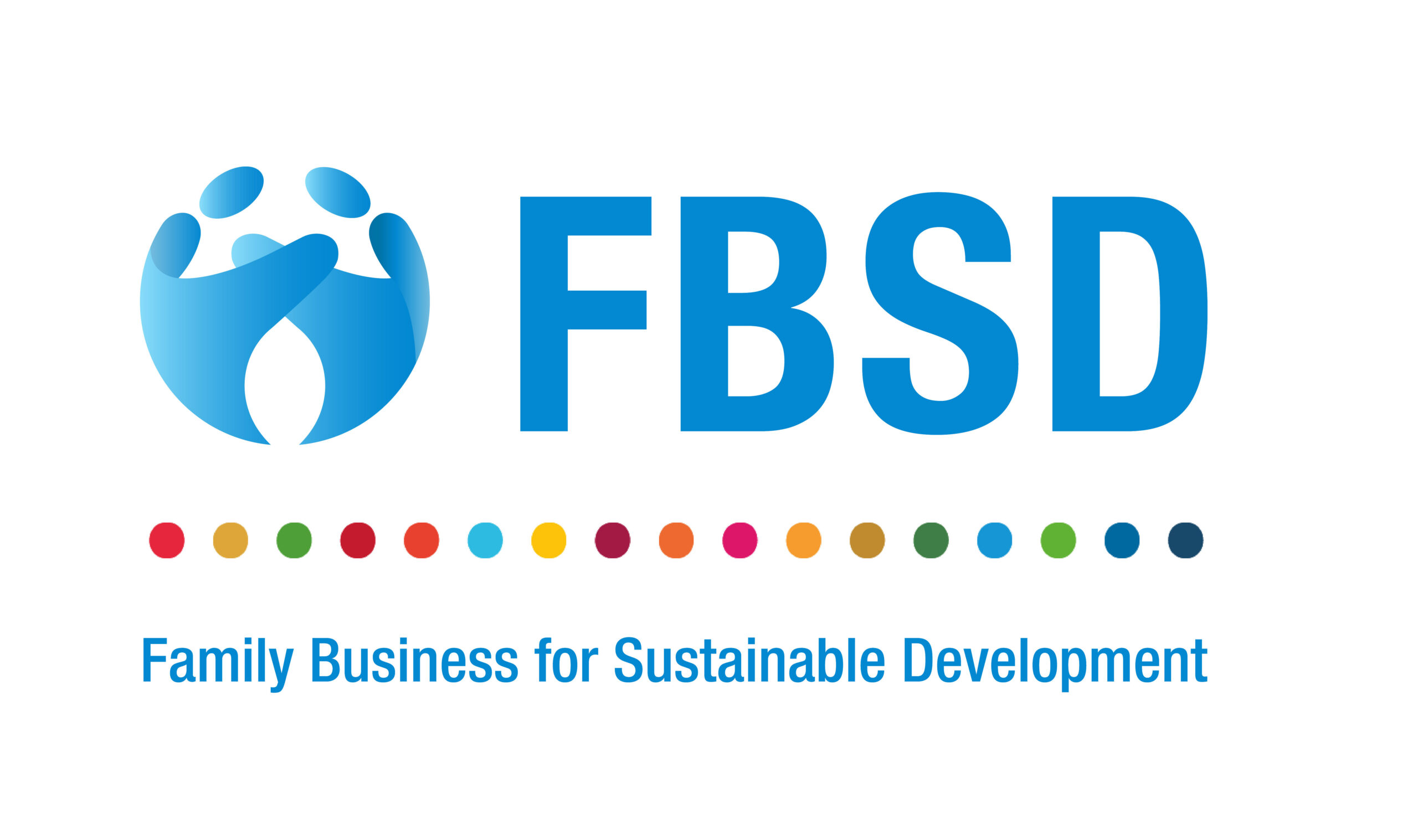The Sustainability Indicators for Family Business (SIFB)
Measurable, comparable, transparent
The global FBSD initiative offers family businesses ways and means to integrate sustainability into their conventional business models and to evidence their contribution to the Sustainable Development Goals (SDGs). This includes the Family Business Sustainability Pledge, which advocates an environmental, social and governance (ESG) roadmap that signatories engage to act upon. The Sustainability Indicators for Family Business (SIFB) provide a template to guide and assess the implementation of and reporting on actions by individual companies, help spur sustainability considerations among business owning families and serve as a benchmark for overall assessment of the results and impact of the global initiative. SIFB helps commit signatories to champion a more transparent sustainability path that can be measured and reported.
What are the indicators?
The Sustainability Indicators for Family Business (SIFB) build upon UNCTAD’s Guidance on core indicators (GCI) for entity reporting on contribution towards the implementation of the SDGs. The core indicators were developed through extensive consultations and consensus building among key experts and endorsed by UNCTAD’s Intergovernmental Working Group of Experts on International Standards of Accounting and Reporting (ISAR). The 33 core indicators outline the base-line reporting that companies would need to provide to enable governments and other stakeholders to evaluate the contribution of the private sector to the implementation of the SDGs.
FBSD takes into consideration the unique attributes of family business models, their distinctive governance structures, ownership norms and family dynamics that impact family business’ performance and sustainability practices. The 33 core indicators are complemented by nine disclosure elements to capture and recognize family firms’ efforts in contributing to the implementation of SDGs. Based on FBN’s experience with the Polaris indicators for family business, they include family business governance, supply chain, environmental performance and community impact.
Collectively they constitute the Sustainability Indicators for Family Businesses (SIFB).
The SIFB indicator framework has been reviewed and applied by several family firms and documented in a series of case studies. The reporting framework is a living document and will be periodically reviewed considering its applicability for family firm entities.
How to apply the indicators?
The sustainability indicators for family business provide a framework to assess and track family firm performance and offers a template for measurable, comparable and transparent reporting. To review the SIFB, you may download them here and commence your own internal process.
How will information be gathered and used?
The SIFB metric sets represent minimum disclosures that companies need to provide to enable governments to evaluate and recognize the contribution of the private sector to the implementation of the SDGs. UNCTAD and FBN have developed the online platform to facilitate SIFB reporting by family business entities and to gain an indication of their sustainability performance. The responses will help inform relevant stakeholders of the contributions of family businesses to the SDGs. Please note that the family business information from the platform will be anonymous and aggregated. Individual responses will not be shared, unless specifically authorized by the participating family business.
How can family business benefit from the SIFB?
The SIFB will enable family businesses to identify areas of action, as well as measure and track their progress on key ESG (Environmental, Social and Governance) metrics that are aligned to the SDGs. Reporting on these indicators highlight potential areas of risk and opportunity and foster transparency.

